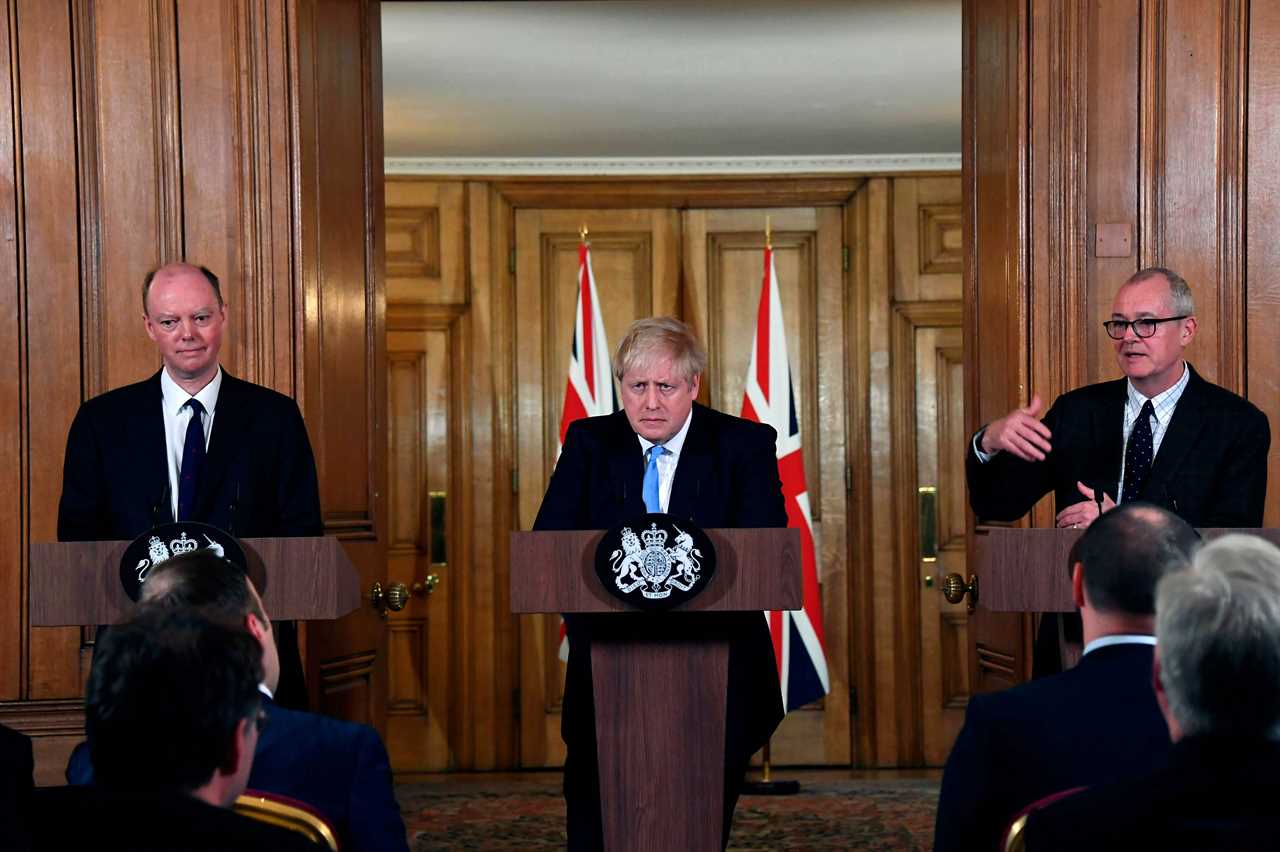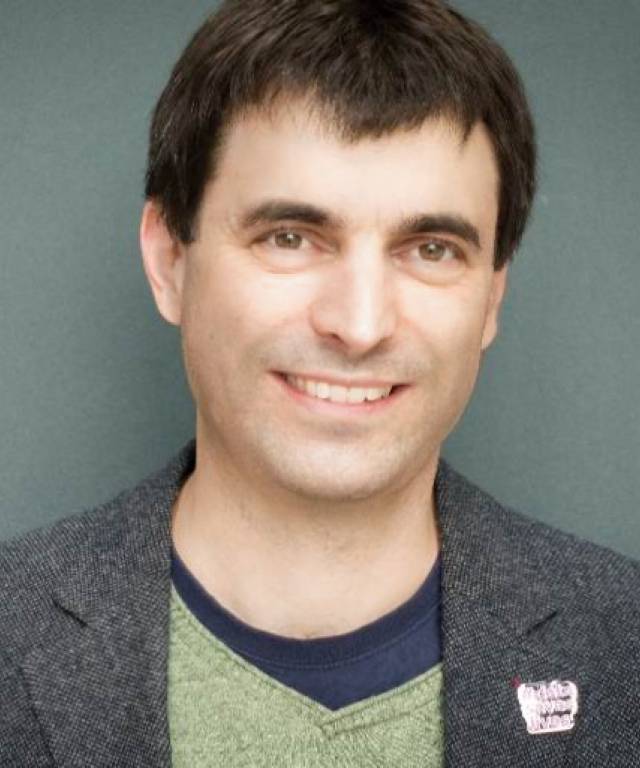SCIENTISTS advising the Government on the first lockdown relied on Wikipedia to make their predictions.
Experts were hamstrung by missing or old data at the start of the pandemic, according to a BBC investigation.


It meant forecasts given to Boris Johnson by the Scientific Advisory Group for Emergencies in mid-March were wrong – contributing to a delay imposing lockdown.
One expert on SPI-M, the group which carries out SAGE modelling, said they relied on Wikipedia to get up to date info.
And another scientist claimed the Democratic Republic of Congo was better at collecting infection data on Ebola, than the UK was on Covid.
Professor Ian Hall, from Manchester University and deputy chair of SPI-M, said: “The public may be surprised that we were using Wikipedia to get data very early on in the pandemic, but that was really the only data that was publicly available that we could access.”
Dr Nick Davies, from the London School of Hygiene and Tropical Medicine, also sits on SPI-M.
He said NHS data used to predict the virus’ growth was often “up to a week old”.
Dr Davies added: “That was the first time when I started to feel like things really were not in control.”
He said it led to a delay in lockdown that contributed to thousands of deaths.

The probe also found no experts on human coronavirus were advising the Government in the lead-up to first national lockdown.
A Department of Health spokesperson said: “Covid-19 is a novel virus – we drew on the relevant expertise.
“We have been guided by the advice of experts from SAGE and its sub-committees and our response helped to ensure the NHS was not overwhelmed.
- Lockdown 1.0 – Following the Science? BBC TWO, Thursday November 19, 9pm






